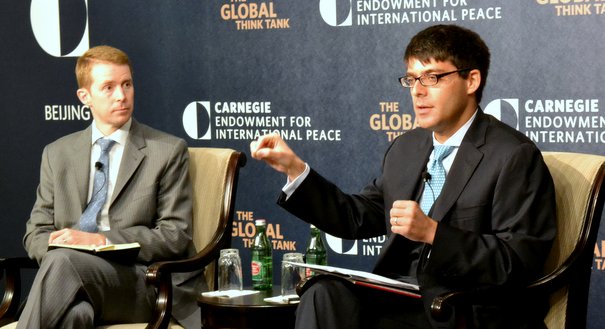Registration
You will receive an email confirming your registration.
Japan plans to start producing plutonium—intended for use in its nuclear energy reactors—as soon as possible. However, in the aftermath of the Fukushima Daiichi nuclear accident in 2011, all but one of Japan’s reactors still remain offline, and the process to restart the others will be long, slow, and controversial. As a result, it is likely that plutonium production will soon exceed demand, causing a risky and potentially destabilizing plutonium build-up in Japan.
James Acton launched his new report, Wagging the Plutonium Dog, and explored why Japan finds itself in this predicament and what can be done. Carnegie’s Toby Dalton moderated.
James M. Acton
James M. Acton is co-director of the Nuclear Policy Program at the Carnegie Endowment for International Peace. A physicist by training, Acton specializes in nonproliferation, deterrence, and disarmament.
Toby Dalton
Toby Dalton is co-director of the Nuclear Policy Program at the Carnegie Endowment for International Peace. An expert on nonproliferation and nuclear energy, his research focuses on cooperative nuclear security initiatives and the management of nuclear challenges in South Asia and East Asia.
